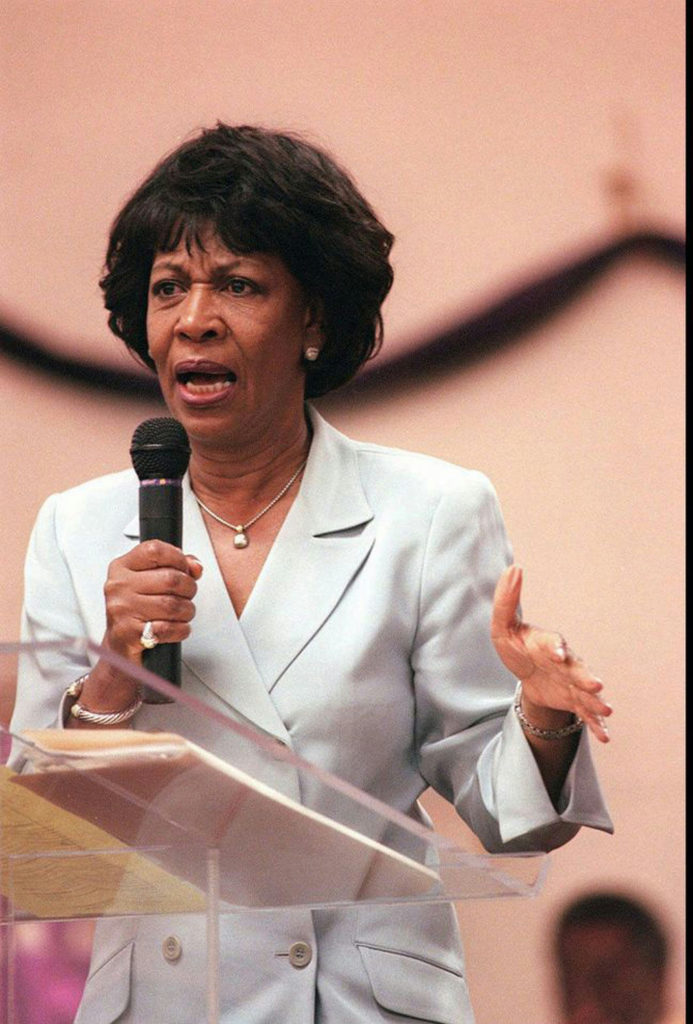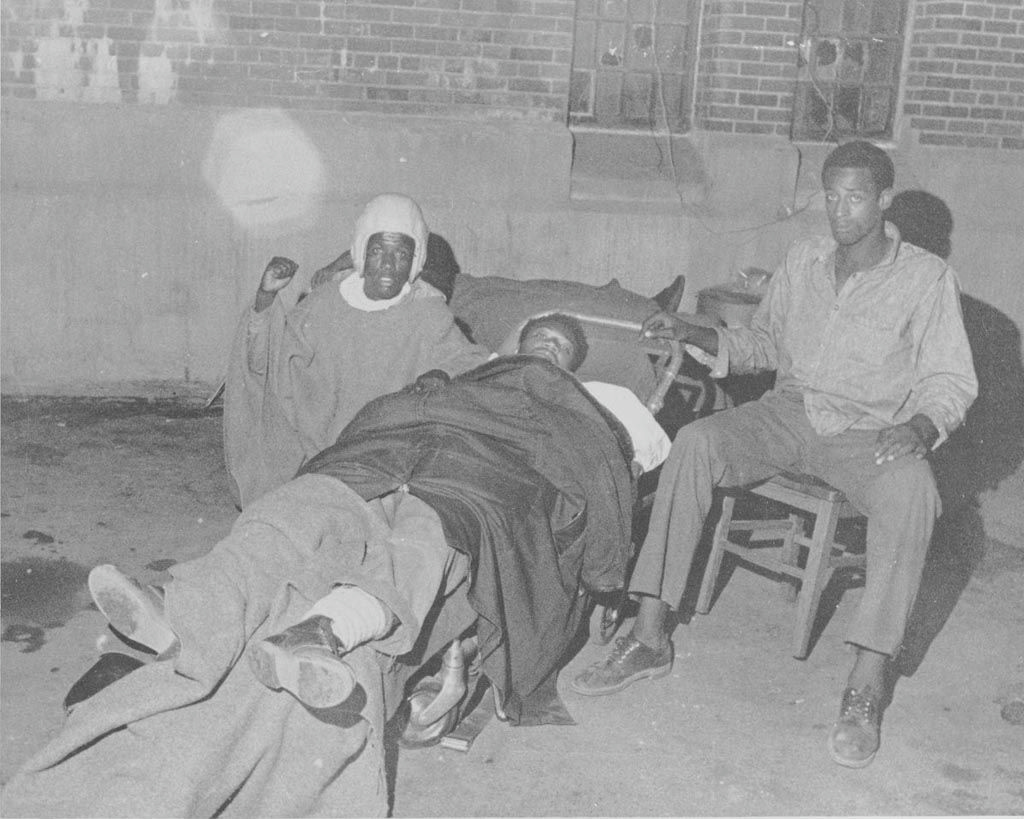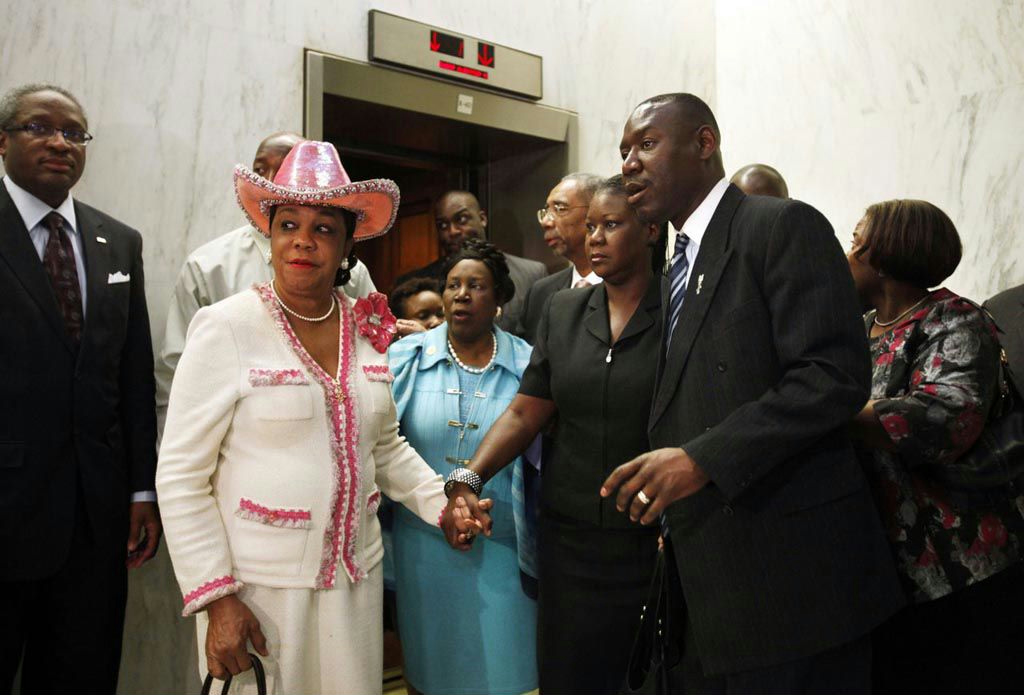Criminal Justice
Discover the history of CBC activism on criminal justice issues including police brutality, drug trafficking, sentencing and prison reform.
Improving America’s criminal justice system has long been a priority of the Congressional Black Caucus (CBC) and its members. Whether combating police brutality in the 1960s, marked by the painful memories of fire hoses and attack dogs; addressing racial profiling, as seen in the killing of young Trayvon Martin in Florida; or tackling sentencing disparities that have resulted in a disproportionately Black prison population, the CBC has been a steadfast voice against racism and inequality in the criminal justice system.
Through its legislative work and public advocacy, the CBC has remained instrumental in not only shaping criminal justice reform, but also in heightening the consciousness of mainstream America. Significant progress has been made in ensuring justice for all within the criminal justice system, but there is still much left to be done.



